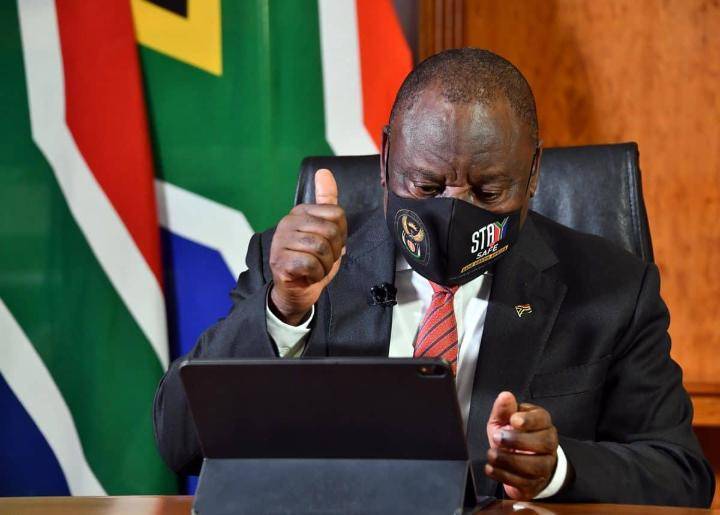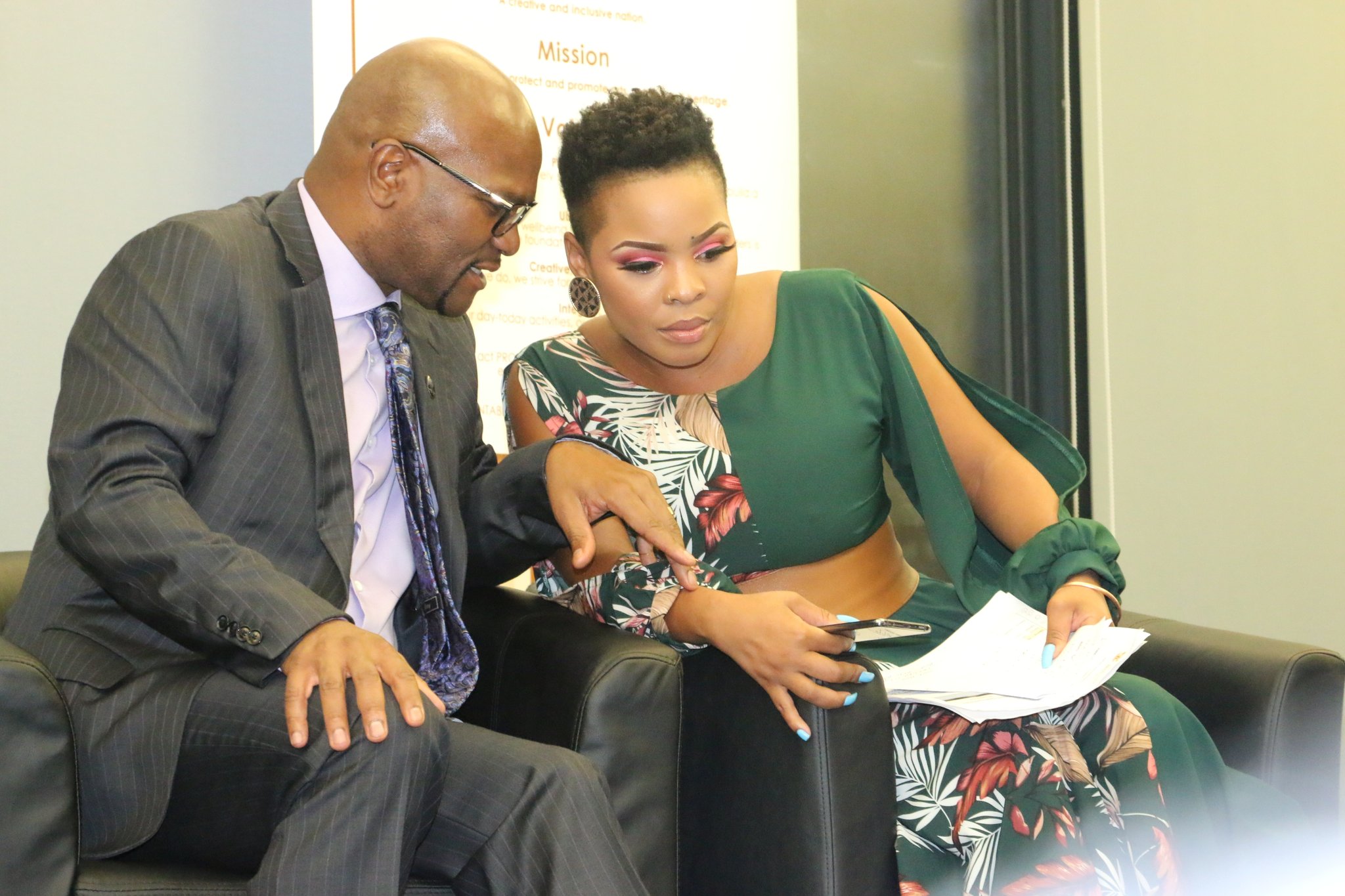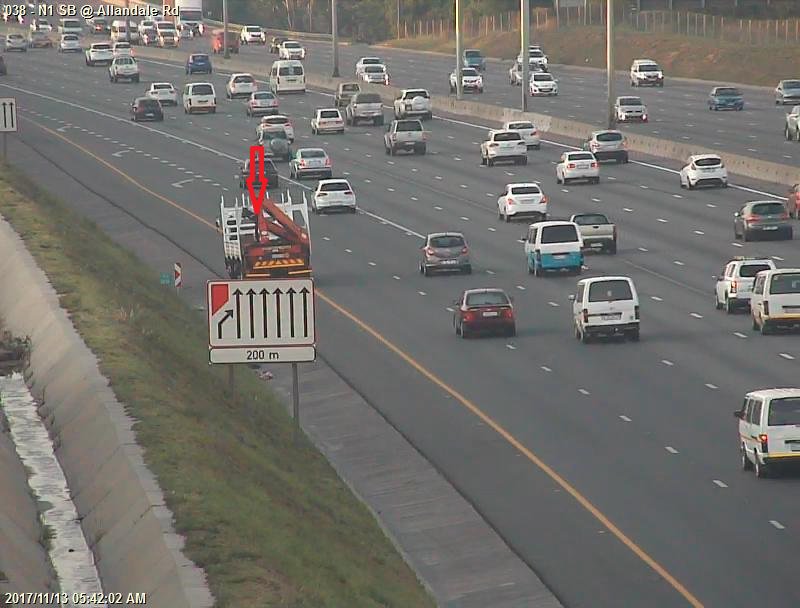A motion submitted by the ATM in February has been approved on Thursday, meaning Ramaphosa will fave his first vote of no confidence.
President Cyril Ramaphosa will face a vote of no confidence in Parliament on Thursday 3 December after House Speaker Thandie Modise approved a request from the African Transformation Movement (ATM) to determine his capacity to hold office.
Former President Jacob Zuma faced several such motions during his controversial tenure, but not since Ramaphosa occupied office in 2018 has one been submitted.
Ramaphosa faces first motion of no confidence
The request was levelled back in February of this year, when the country – and the entire world for that matter – was functioning under very different circumstances. The ATM lodged the motion amid a period of crippling load shedding and concerns over increasing economic instability.
Since then, COVID-19 and subsequent lockdowns have moved the proverbial goalposts, with Ramaphosa having had to reprioritise his agenda substantially.
National Assembly Secretary Masibulele Xaso confirmed that the matter would be on the agenda in Parliament in a week’s time.
He said that Modise had directed him to inform the committee that she has approved the matter after it was caught in a backlog of motions that have built up since lockdown halted Parliamentary proceedings in March.
“There has been a request from the ATM for a motion of no confidence in the president, that came through several months ago. The Speaker has approved that request and our recommendation is that it be dealt with next Thursday.”
When the motion was submitted in February, ATM president Vuyolwethu Zungula said that Ramaphosa’s administration had continuously failed to address urgent issues facing the country and that his tenure in the country’s highest office should come to an end.
“We thought as social democrats we should respect the will of the majority,” he said. “But the sixth administration has turned out to be the most advised administration since the dawn of democracy, with a number of advisory bodies and various envoys whose advice, it seemed, was falling on deaf ears or was being poorly implemented.”
“It is safe to say this country has a parallel cabinet but still no positive outcome. SA allowed President Ramaphosa a free hand to do things the new dawn way but the country keeps sliding.”
A two-thirds majority is required to pass such a motion.





















